أيروجيني — مساعدك الذكي للطيران.
الرائج الآن
Categories
Ryanair Executive Michael Cawley Discusses Technology and AI Strategy
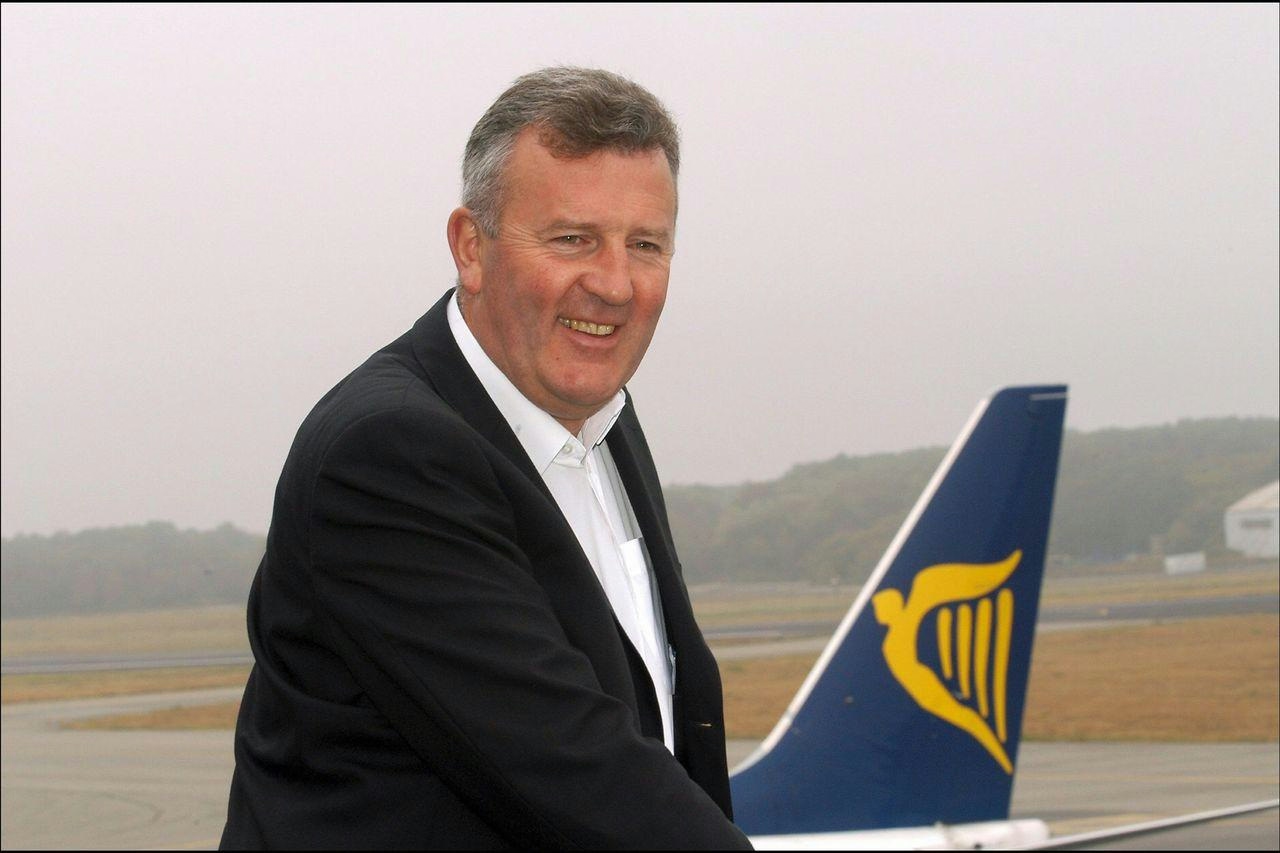
Ryanair Executive Michael Cawley Discusses Technology and AI Strategy
Pragmatic Approach to AI Integration
Michael Cawley, Ryanair’s former chief financial officer and deputy CEO, who currently serves as an independent director, outlined the airline’s measured approach to adopting artificial intelligence (AI) during his address at Phocuswright Europe 2025. Emphasizing Ryanair’s disciplined cost management philosophy, Cawley stressed that the company will resist the allure of AI hype, instead prioritizing efficiency and practical applications. The airline plans to integrate AI across customer service, revenue management, and broader operational functions, maintaining a focus on tangible benefits rather than innovation for its own sake.
Cawley traced this pragmatic mindset back to Ryanair’s early strategy, which was inspired by Southwest Airlines and centered on “relentless execution.” This philosophy continues to shape the airline’s technology investments, with a clear allocation of resources: 20% of the technology budget is dedicated to infrastructure and cybersecurity, 40% to dynamic pricing, and the remaining 40% to business transformation initiatives such as automated check-in systems.
Challenges and Competitive Dynamics
Despite the strategic clarity, Ryanair faces significant challenges in effectively integrating AI. The airline operates in a competitive environment marked by shifting market dynamics and investor skepticism regarding the profitability of AI investments. While some industry stakeholders view AI as essential for maintaining a competitive edge, others caution against overestimating its potential. Investors in travel startups, in particular, emphasize the importance of deploying AI to solve concrete industry problems rather than pursuing technology adoption for its own sake.
Ryanair’s AI strategy is also under close scrutiny from competitors, many of whom are expected to implement similar AI-driven initiatives aimed at enhancing operational efficiency. This trend could intensify competition within the airline industry, potentially sparking a price war as carriers leverage technology to reduce costs and improve customer experience.
Evolving Industry Relationships and Broader Risks
Cawley also addressed Ryanair’s evolving relationship with online travel agencies (OTAs). After years of strained interactions, the airline has recently reached agreements with several major OTAs, though it remains focused on encouraging direct bookings. “We never hated OTAs. We hated their behavior,” Cawley remarked, highlighting Ryanair’s determination to maintain control over its customer relationships.
The discussion further touched on the difficulties legacy carriers face when attempting to launch low-cost subsidiaries, as well as the broader risks posed by political interference. Cawley identified political interference as one of the most significant threats confronting the aviation sector today.
As Ryanair advances its AI adoption strategy, its leadership remains committed to a cautious, results-oriented approach that balances technological progress with the airline’s enduring emphasis on cost discipline and operational excellence.
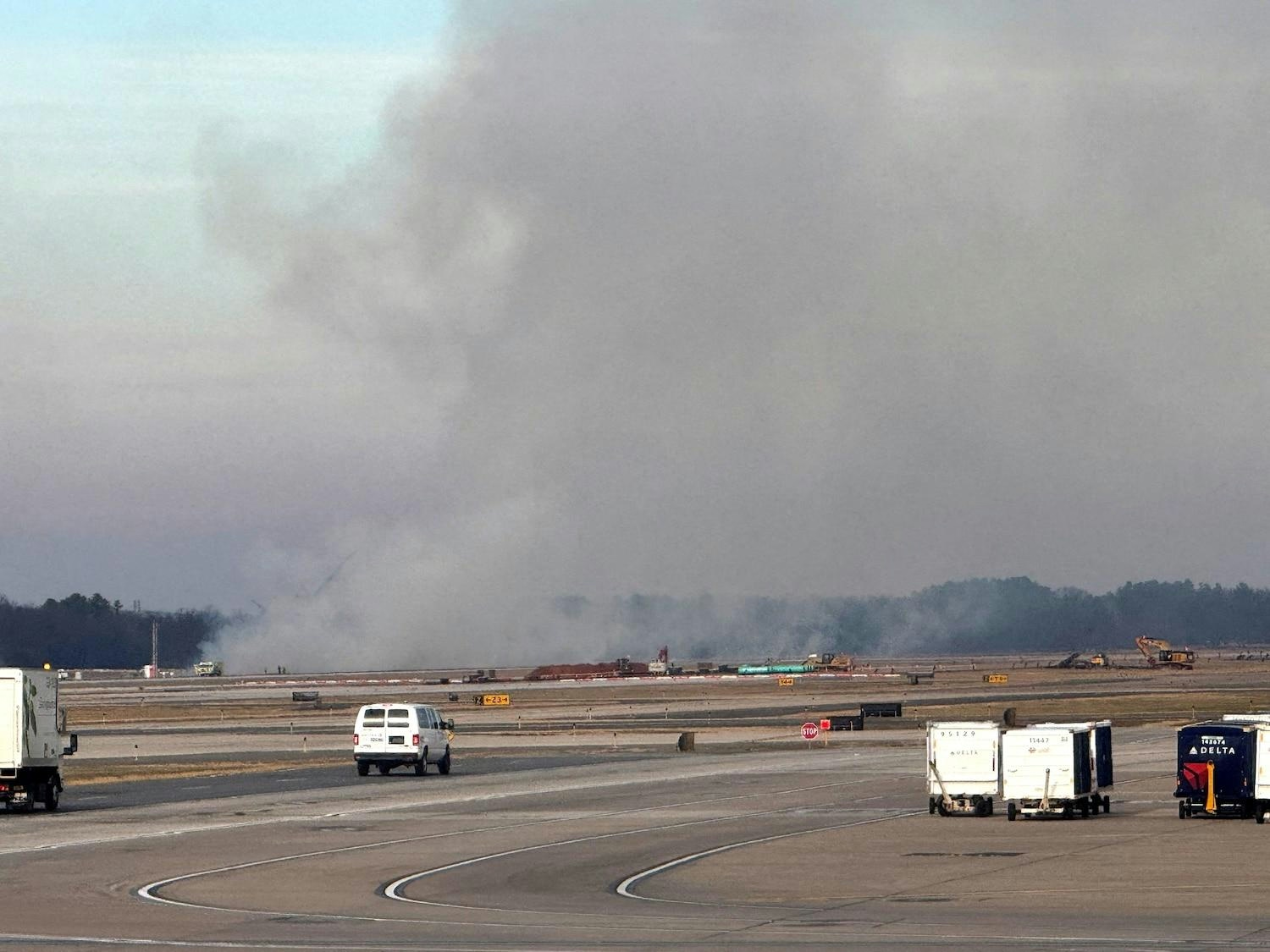
Delta Flight to Atlanta Suffers Engine Trouble, Sparks Grass Fire at Airport

PH Aerospace and MRO Exports Reach $603 Million, Says DTI
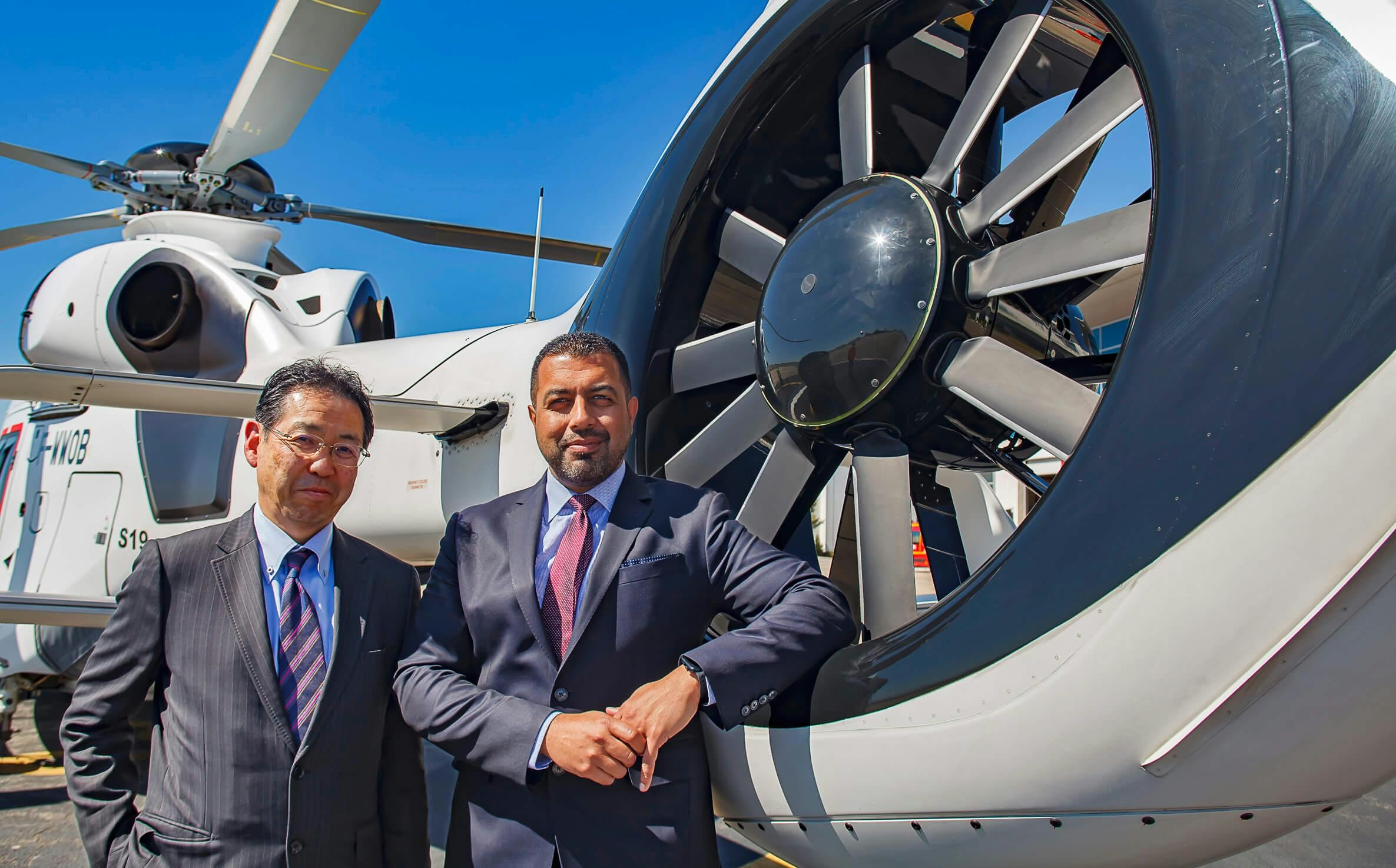
Dubai Aviation Nears Acquisition of Macquarie Aircraft Leasing Unit
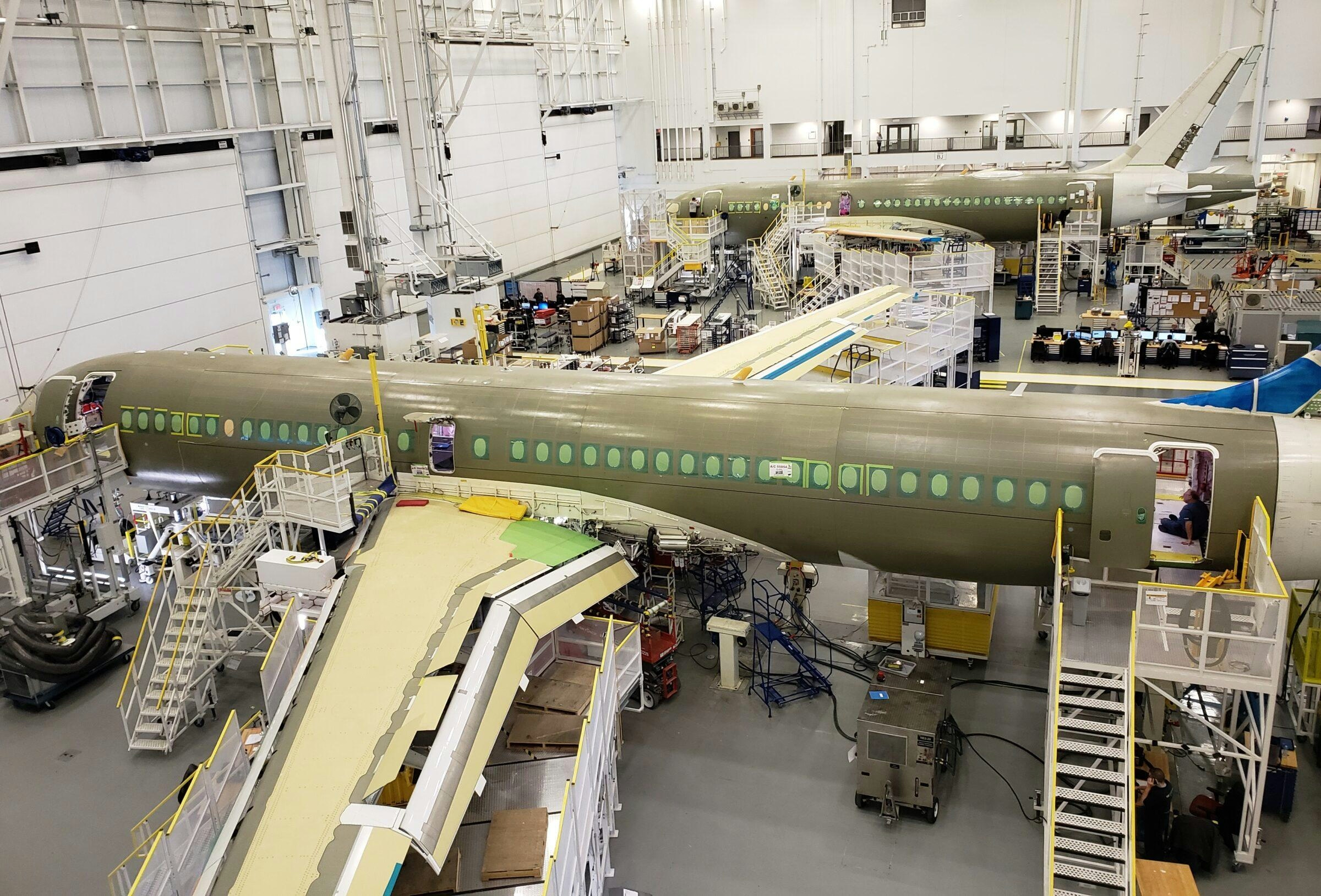
Airbus: Latest Developments and the Future of Aviation
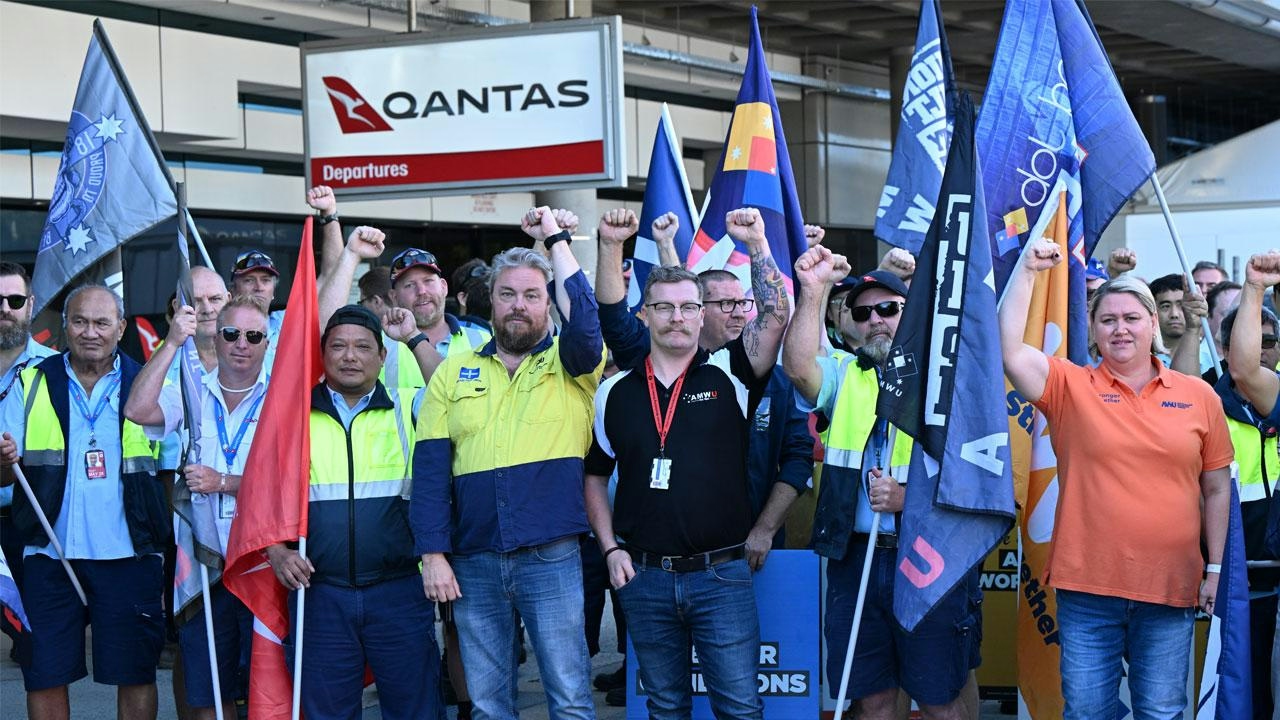
Qantas and Union Clash Over Job Security Amid AI Advances
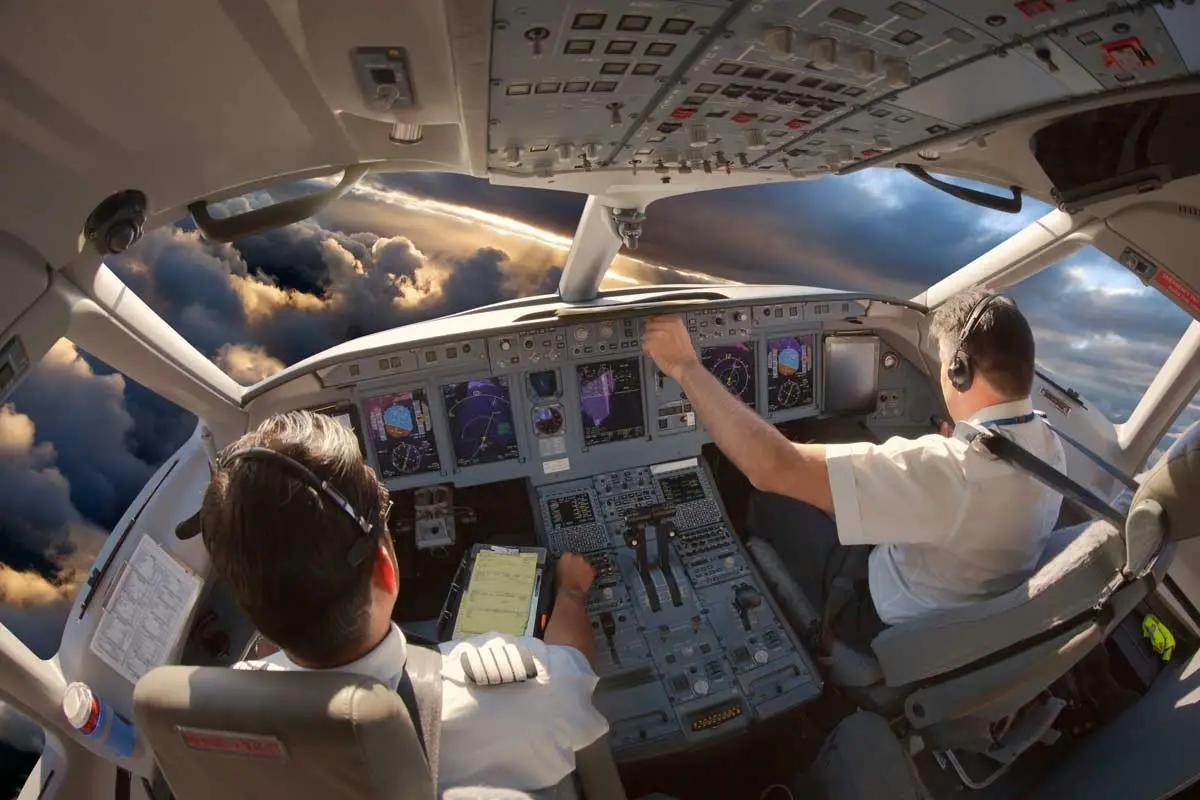
What Is the Salary of Widebody Pilots?
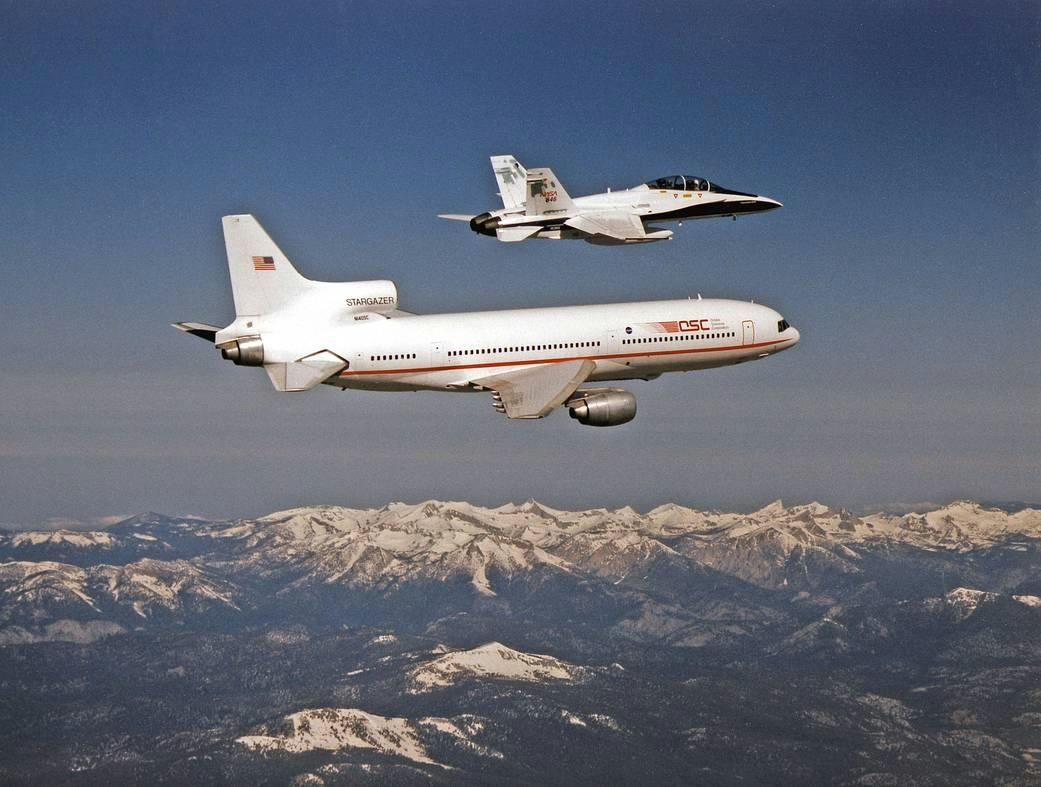
Challenges Faced by Lockheed in Designing the L-1011 TriStar
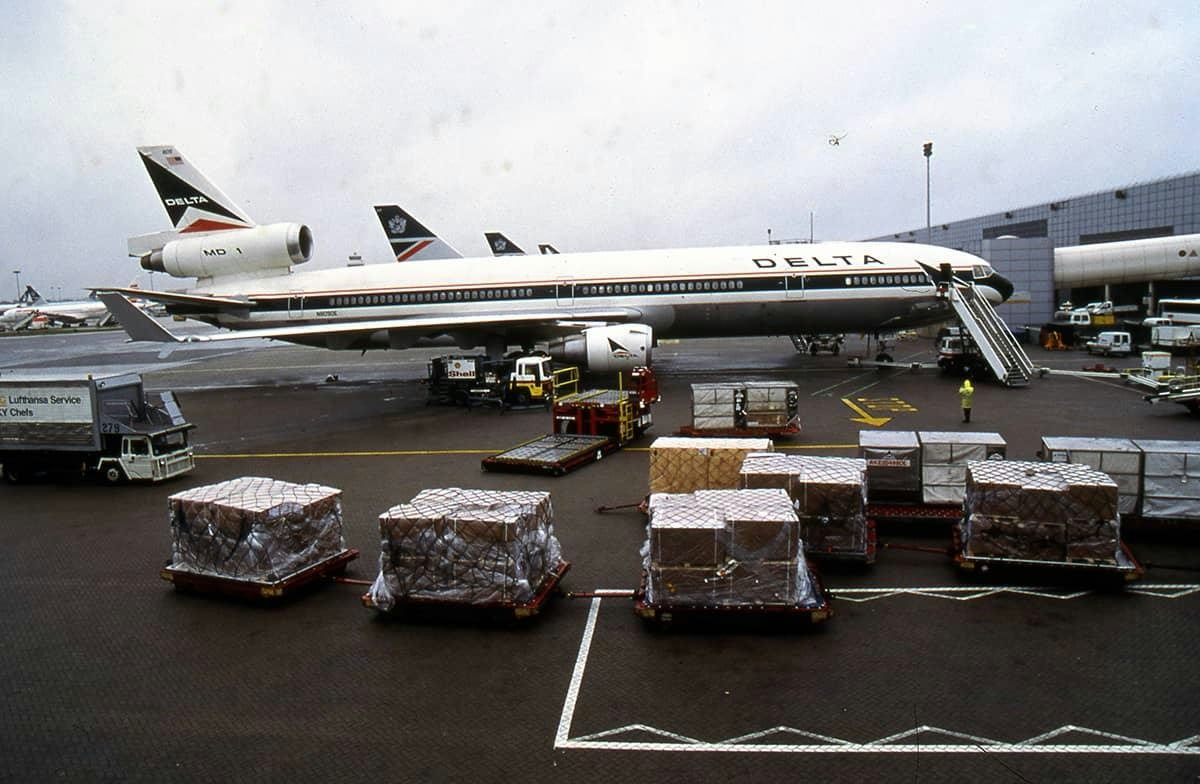
Seven Airlines That Previously Operated the McDonnell Douglas MD-11
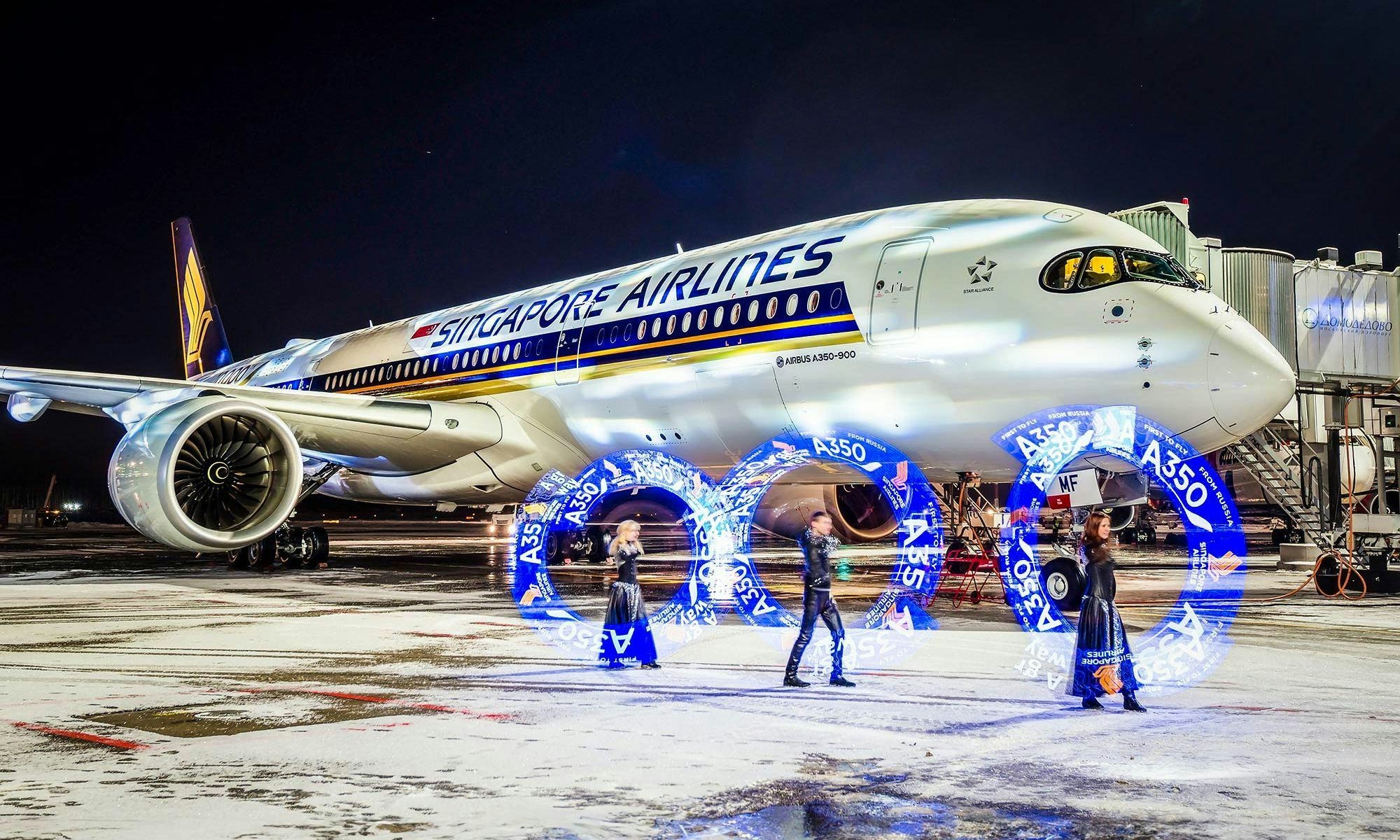
Factors Behind the Airbus A350’s Short Takeoff Distance

Archer Aviation Partners with NVIDIA to Advance Aviation AI Technology
